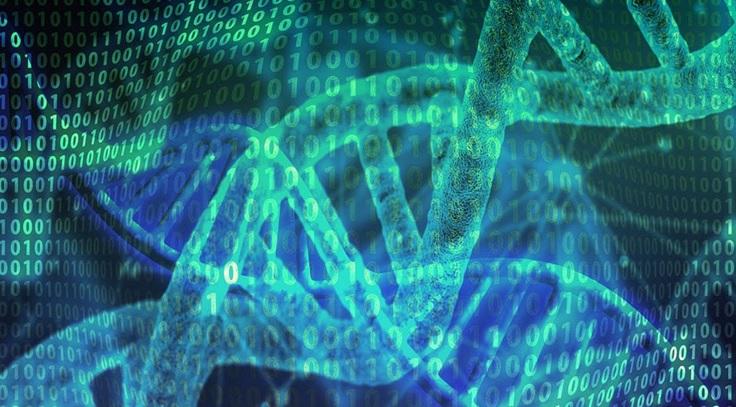Artificial Intelligence And Genomics Predict The Therapeutic Responses Of Cancer Patients
Scientists Have Developed A New Biomarker For Gastric Cancer That Can Predict Therapeutic Responses Through Genomic Sequencing And Machine Learning.
In A Research Project, Researchers Found That Genomic Sequencing Machine Learning can Be Use To Predict Gastric Cancer Treatment Responses.
Artificial intelligence and cancer treatment
Unfortunately, treatments such as chemotherapy or immunotherapy are not helpful for all patients. Therefore, finding a way to predict patients’ reactions to therapies helps significantly in their recovery process. A new study published in Nature Communications shows how combining artificial intelligence (AI) and machine learning with genomic sequencing may help predict the progression of gastric cancer treatment.
Researchers at the Mayo Clinic, the Cleveland Clinic, Younes University College of Medicine, St. Mary Seoul Hospital, and the University of Texas Southwestern Medical Center wrote in the research paper:
Gastric cancer, also known as abdominal cancer, is the fourth leading cause of cancer death globally and the fifth most common cause, according to 2020 statistics released by the Global Cancer Institute (GLOBOCAN).
Therefore, the researchers decided to use artificial intelligence and genomic sequencing to design a biomarker that will be used as an adjunct tool and make recommendations for clinical care for patients with gastric cancer.

According to the National Institute of Human Genome Research, sequencing determines the order of baseline lines in a DNA strand.
It is good to know that DNA sequencing is also used to detect genetic mutations and mutations associated with diseases.
“Genomic profiles can provide prognostic and predictive information about clinical care,” the researchers wrote in the research paper. “Unfortunately, not all biomarkers that make predictions to assess a patient’s clinical response to chemotherapy for gastric cancer are inaccurate.”
To solve this problem, scientists have developed a machine-learning algorithm called NTriPath. Of course, this algorithm is not new. It has been used to find prognostic gene signatures associated with various cancers such as melanoma, squamous cell carcinoma of the head and neck, renal cell carcinoma, and bladder carcinoma. In this study, NTriPath searched for pathways specific to gastric adenocarcinoma using pan-cancer somatic mutation data, pathway databases, and gene-gene interaction networks.
Accordingly, data from more than 6,600 patients, including nineteen types of cancer, were provided by the Atlas of the Cancer Genome Project (TCGA) as input to a machine-learning algorithm to identify pathways that could cause gastric cancer squamous cell carcinoma of the head and neck. The three main courses of gastric cancer included thirty-two genes.
The researchers used machine learning to build a support vector machine (SVM) with a linear core to generate a genetic risk score to predict a patient’s condition over five years. In addition, they confirmed the risk score using three independent datasets to obtain accurate results.
The researchers noted in their report that we found that signatures on 32 genes could provide predictors of patients’ response to treatment. Therefore, generating molecular signatures from tissue samples obtained at diagnosis may provide important clinical information for predicting and planning treatment.
This retrospective analysis represents a significant step forward in identifying cancer patients who will not benefit from chemotherapy and immunotherapy.
For the following steps, the researchers recommend that thirty-two gene signatures be confirmed in the future with larger patient groups.











